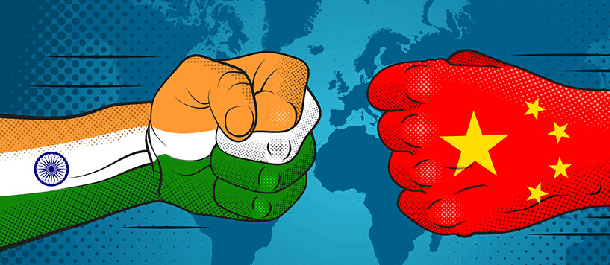The landmark Regional Comprehensive Economic Partnership (RCEP) agreement was signed on Sunday between 15 nations, after eight years of negotiations, creating the world’s largest trading bloc.
US Navy’s ‘Top Aggressor Squadron’ To Get Massive Boost With The Induction Of F-18 Super Hornets
Along with China, Japan, South Korea, New Zealand, Australia and 10 members of the Association of Southeast Asian Nations (ASEAN), the trade bloc will account for 30 percent of the global Gross Domestic Product (GDP).
At a time when the world economies have plummeted in the wake of the COVID-19 pandemic, the RCEP agreement is seen as a welcome move that would allow a free flow of goods among the member countries.

“Under the current global circumstances, the fact the RCEP has been signed after eight years of negotiations brings a ray of light and hope amid the clouds,” said Chinese Premier Li Keqiang. “It clearly shows that multilateralism is the right way, and represents the right direction of the global economy and humanity’s progress.”
After several rounds of negotiations, India decided to drop out of the free trade agreement citing the deal’s potential impact on the livelihoods of its most vulnerable citizens. While the platform is still kept open for India to join at a later stage, New Delhi hasn’t shown any interest in the deal after opting out last year.
New Delhi fears a further increase in trade deficit with China and the removal of trade barriers under RCEP, would hurt the domestic manufacturers at a time when India is trying to accelerate its growth in manufacturing through the ‘Make in India’ initiative.
However, the Chinese state media said that the decision to opt-out of the agreement is “a major strategic decision made after careful consideration” owing to economic sanctions enforced by New Delhi on China in the last year.
India will “miss a new round of regional industrial reconstruction and the fast lane of economic recovery,” stated Chinese expert Qian Feng.
“The Galwan Valley physical clash in June has provided an excuse for India’s “de-Sinicization” process,” the tabloid wrote. “At the same time as the Trump administration is pushing for “de-coupling” from China, India, in fact, is promoting its economic “de-Sinicization” process more provocatively,” another expert said writing for Chinese state media Global Times.
The agreement is expected to eliminate several trade tariffs leading to the free flow of goods among the member states. It also includes provisions on intellectual property, telecommunications, financial services, e-commerce and professional services, reported BBC.
The Chinese state media further warned that by missing on the RCEP deal, India will lose its last chance to integrate into the globalization process.
“India has significant outstanding issues, which remain unresolved. All RCEP participating countries will work together to resolve these outstanding issues in a mutually satisfactory way. India’s final decision will depend on the satisfactory resolution of these issues,” said a joint statement issued last year in November discussing India’s concerns.